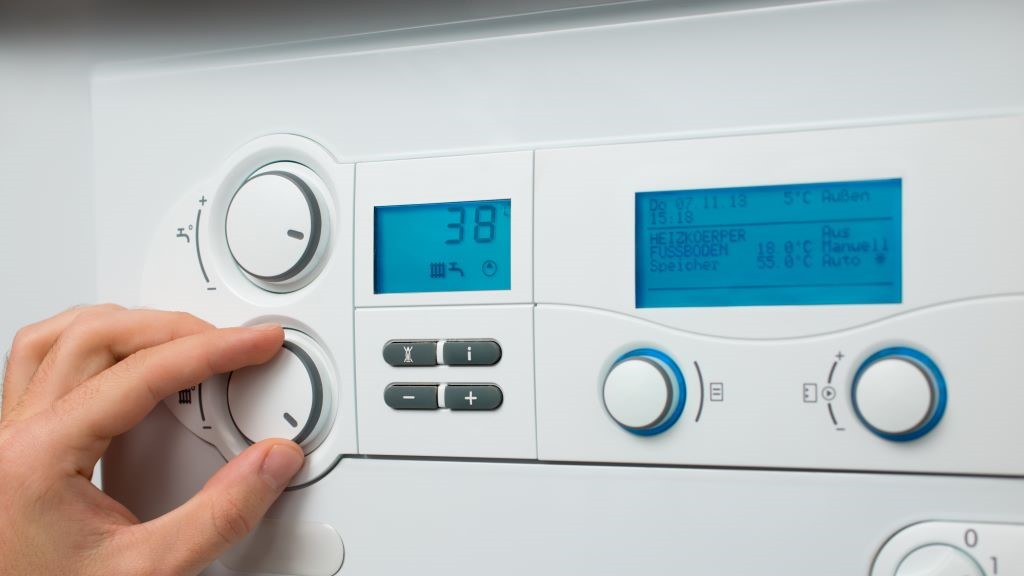
Boiler Switch On Day on the 16 October 2023

7 Tips to Keep your Boiler Running during a UK Winter
Have you ever wondered about your boiler’s displayed efficiency ratings and the significance they play in ensuring your heating works on an optimum basis? These ratings play a crucial role in guaranteeing an efficient operation of your heating system as well as overall cost-effectiveness.
Heating your home and hot water often make up a sizable portion of everyone’s annual energy expenses. Therefore, an inefficient boiler can dramatically escalate your energy bills as well as generating a larger carbon footprint (which might be important to you).
It’s vital to comprehend a boiler’s efficiency levels and how they’re calculated. This understanding can then help you, as a buyer, make better informed decisions when purchasing a new boiler or implementing energy-efficient upgrades in your home.
So, let’s take a look below at the intricacies of boiler energy efficiency ratings, their implications and the potential cost savings associated with investing in a new boiler.
What does “Boiler Energy Efficiency” mean exactly?
A boiler’s efficiency rating gauges the energy used for heating water and maintaining your home’s warmth against the energy lost or wasted. For instance, a boiler labelled with a 75% efficiency means that 25% of the energy that is generated ends up being lost.
In the UK, boiler efficiency is quantified using an ErP (Energy-related Products) rating, which replaced the previous SEDBUK (Seasonal Efficiency of Domestic Boilers in the UK) method in 2015, although many manufacturers still reference the SEDBUK rating in their product information.
The UK’s ErP ratings classify boilers on an A-G scale, with higher letter grades signifying superior efficiency. While ratings like A++ exist, they’re typically achieved through the use of renewable technologies.
ErP stands for Energy-Related Products and was introduced back in 2009 by the European Union in order to make an appliance’s function much clearer to the user and display that information from manufacturer to consumer, as well as promoting a way of measuring an appliance’s level of energy consumption, such as a boiler’s efficiency in converting the energy it uses into heat for your property and hot water.
If your boiler is less than a B rated boiler then it may be costing you a lot more to run than you might think. Certainly if it’s a G rated boiler, it’s almost the same as burning £10 notes to keep warm in our experience!
Determining a Boiler’s Optimal Efficiency
The UK government established the Boiler Plus standards in 2018, setting the new minimum performance for domestic gas boilers at 92% ErP. However, this standard doesn’t (yet) apply to boilers in existing properties.
Ideally, your boiler should be at least “A-rated” ensuring greater reliability and reduced operating costs. Modern boilers, being condensing units, recover more heat from exhaust flues, contributing to much lower running expenses.
Upgrading from the lowest G rated boiler to an A-rated one, coupled with programmable room thermostats and thermostatic radiator valves (TRVs), could also potentially help you save almost £840 annually — offsetting the cost of a new boiler and it’s installation in just a few years for you.
Identifying Your Boiler’s Efficiency
To determine your current boiler’s efficiency, you’ll have to look for its efficiency rating sticker but take note some boilers don’t display them. If you can’t see one then a quick online search for your boiler model and you should easily find its rating on the manufacturers website.
Struggling to find the rating yourself?
Contact a Heat Care registered engineer covering Suffolk and Essex, who can help you identify the make and model and determine your unit’s efficiency. Contact our team today for more assistance!
My boiler isn’t A-rated, what now?
So you’ve discovered your boiler isn’t A rated? It could be a good time to consider obtaining a competitive quote for a new, more efficient boiler. Installation is typically swift and can often be completed within a day, especially for a boiler upgrade not requiring new pipework or pipes being moved.
If you’re a tenant, landlords might provide energy efficiency details from previous boiler servicing if they happened to have kept them. However, while safety and servicing are mandatory, landlords aren’t obligated to upgrade boilers though it might save them some repair costs over time, so who knows it might be worth giving them a nudge!
Exploring New Boiler Upgrades with Heat Care
At Heat Care, we’ve assisted numerous households across the UK in upgrading their boilers, resulting in substantial energy bill savings.
Recognising that a boiler is a significant investment, we offer 0% boiler finance options, allowing fixed monthly payments without the need for a deposit.
To learn more about upgrading your boiler with Heat Care then feel free to call and explore your options with us on 0800 041 8614, fill out our contact form, or obtain a free instant boiler quote today!





